Paola Paredes, 29, never had any intention to come out to her parents. "I was convinced I would never do it," she tells The Advocate.
That is until a lesbian photogaphy book planted a seed in her mind. It motivated her to capture her own coming-out story because "the idea of capturing it in photographs made it all of a sudden appealing." Paredes sees herself as a storyteller, and she thought this "would be an excellent opportunity to tell one."
As an artist, Paredes is inspired by photographers who turn the camera onto themselves. She knew she wanted to do something similar, and she began researching lesbian photographers. In the process of combing through different books, she found a book called Stolen Glances: Lesbians Take Photographs. She was moved by the book because it featured various women artists who were "expressing their sexuality through photography." This gave her the desire to do something similar, "something that would be close to my heart," she says.
t first, Paredes dismissed that idea because it seemed too crazy. But she couldn't escape the curiosity, so she did what anyone in her shoes would do: She got on a plane to Ecuador to come out to her parents, and document her journey.
Paola came out to her parents on March 16, 2014, in a three-hour conversation that took place in Quito, Ecuador.
"Accompanied by my sisters, [who already knew] I documented the event as part of an experimental photography project I called 'Unveiled,'" she writes.
Paredes is an artist and although she ultimately had no control over how her parents reacted, she exerted full, calculated control of the one thing she could: her art. She wanted to capture the moment perfectly. She kept a journal, where she wrote down details such as the length of time intervals she wanted in between each photo, the exact position for each tripod, and the height of each chair and table. She went to a local carpenter to have a special table made that fit the exact requirements needed to match the height of her camera tripods and lighting.
"There was a lot of planning and research to technically achieve the moment," she says. Paredes studied dinner movie scenes to see how different directors positioned the camera to study how she wanted her own composition to look in her photos. She shot tests in a studio with a table and cameras. She even "took exact measurements of the table and how far the camera should be," she says.
This is a video she shot during the "making of" her orchestrated dinner-table scene, to prepare for her parents and her sisters to join her during her coming out.
To make her parents comfortable with the click sound of her shutter's camera, and to help them appear natural on camera, she spent three weeks photographing them doing everyday things — shaving, washing dishes, watching TV, and smoking. They didn't know it at the time, but they were auditioning for what would later be their daughter's coming out photography project — "Unveiled."
"I usually started in the morning, waking up early, and until they went to sleep. I followed them everywhere."
To prepare for her big day, Paredes wrote a speech in Spanish in her notebook. She practiced it with her best friend. "I rehearsed the night before, and only slept a few hours," she says.
To get the conversation started, Paredes says, "I started talking about love and tolerance. I told them I love each one of them as they are and that I expect them to do the same with me. I then talked about childhood how I always felt I was different, how hard it had been."
"Then I looked at them once more and shared my love for them once again. I said the words. 'There is something I haven’t been able to share with you.' And after that I just took a deep breath and let out the words. 'I'm gay.'"
"After I told them, it was like popping a massive balloon. I had let out such a heavy thing that I had been carrying for so many years, so I couldn’t help but cry and put my head on the table."
"Their instant reaction was to reach out. They put their hands on my head and said 'we don’t care, we accept you.' They started crying as well. We all did. It was super overwhelming. After that, we carried on a three-hour conversation. I had a chance to share with them things they hadn’t heard before. We talked about their fears. But overall they were nothing but accepting."
"The results could not be predicted; I understood that from the outset. I had no idea how my parents would react. I knew that their utter rejection was a possibility — a serious risk."
"I had some people telling me they would be fine with it, and then I had another group of people trying to persuade me to not tell them this way. This was upsetting to me in a personal and emotional way. My worst fear was that they would react terribly. Not only would that devastate me, but I would have pictures of it. What would I do with them? It would have been a different outcome."
Coming out in any family is not easy, especially for Paredes, because her parents come from a conservative Catholic background. Growing up Catholic and gay, Paredes understands that some religious people have "prejudices" about gay people because of "their preconceived notions of what they think homosexuality is."
"I am not Catholic despite my upbringing. But I do understand that for other Latinas who are, it is hard because of what religion makes people believe. There is a lot of work to do be done. It is slowly becoming better, but the change starts in each person to build tolerance and to educate people. I think Latin women can get a lot achieved. We are empowering, intelligent, passionate, and charismatic."
In the moment that her parents were holding her, Paredes says she was, "overwhelmed with emotions. Overall relief, happiness, disbelief, and a feeling of achievement."
Her parents are just one part of her journey. Although she has their full consent and support on this project, she has yet to come out to her extended family, and she's not sure if that will happen.
"I don’t know if I'll ever be able to," she says. "My extended family is big, and I know I can't expect the same reaction from everyone. I will do it when my parents are ready for that. It’s a hard question to answer, unfortunately."
It's been more than a year now since Paredes came out to her parents, but she still tears up sometimes when she looks at the photos. "I've seen the pictures so many times, but once in a while they get to me and I tear up."
Check out more about Paola Paredes's project, Unveiled.
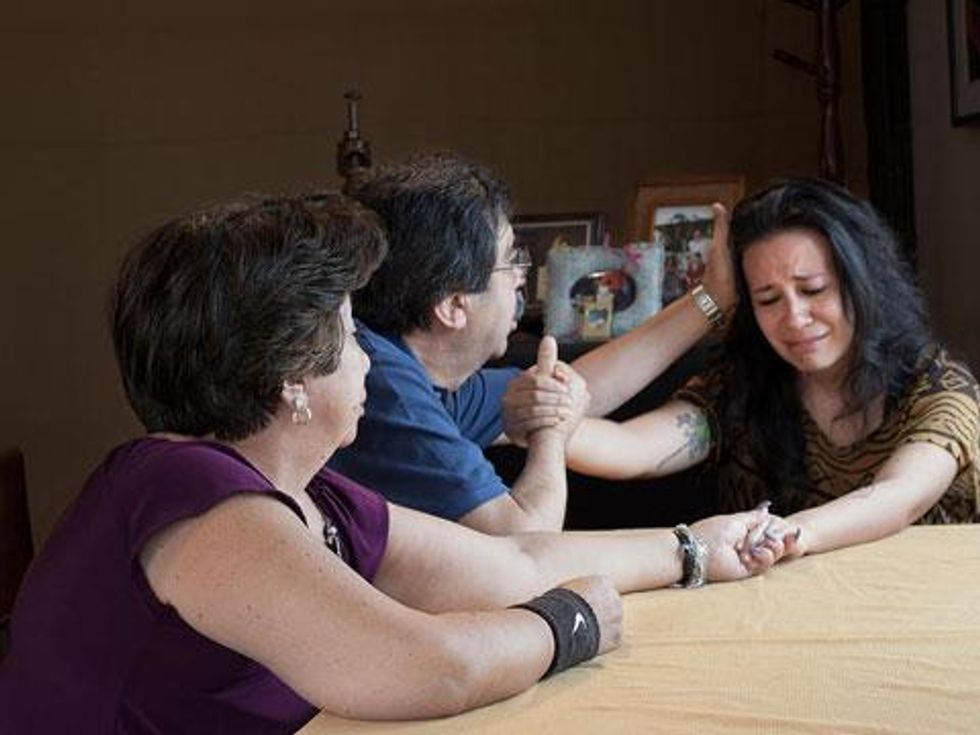











































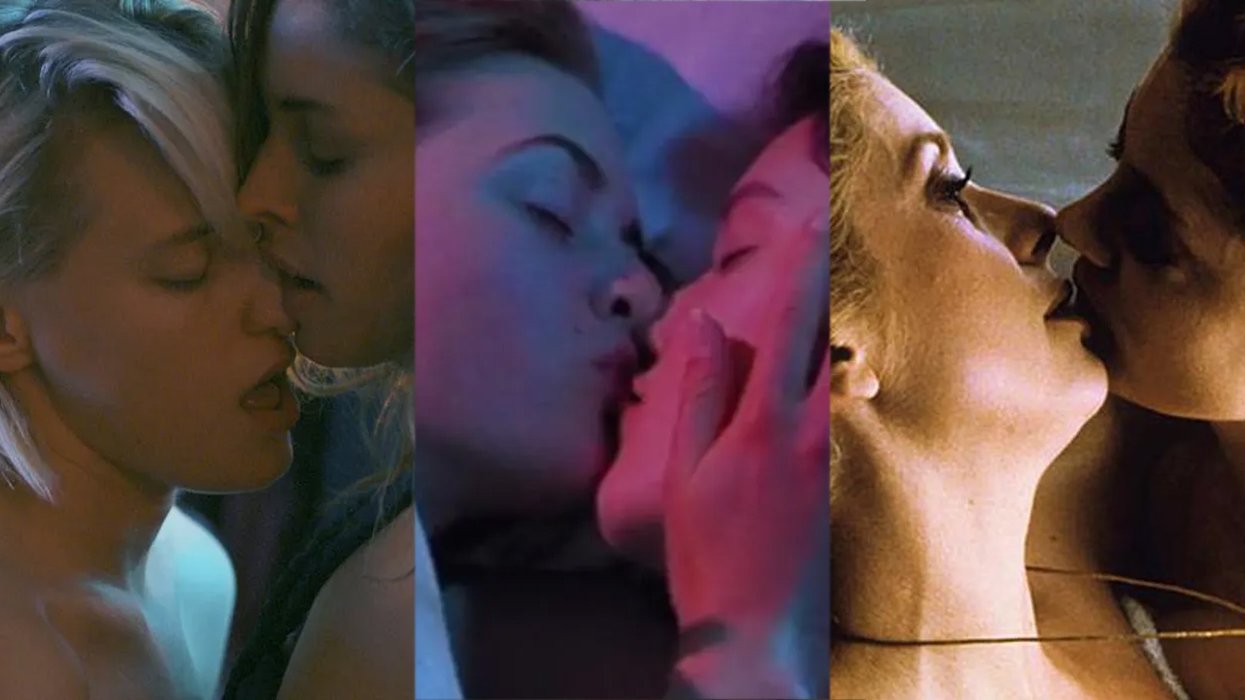
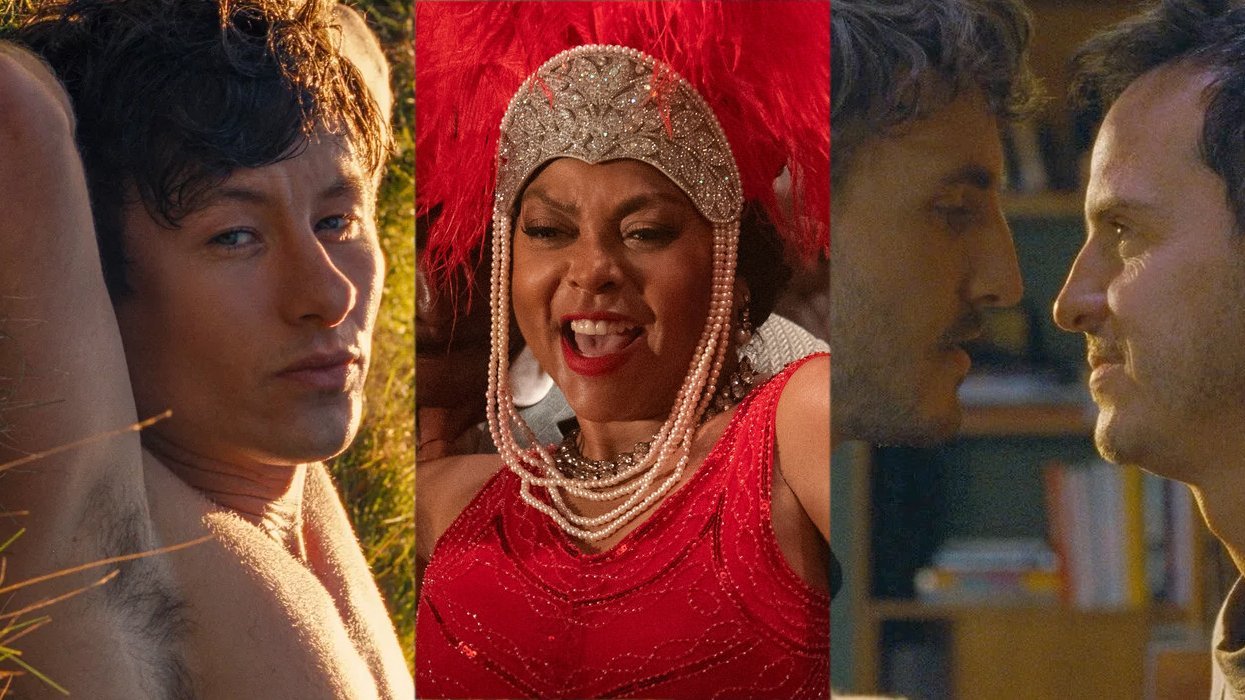
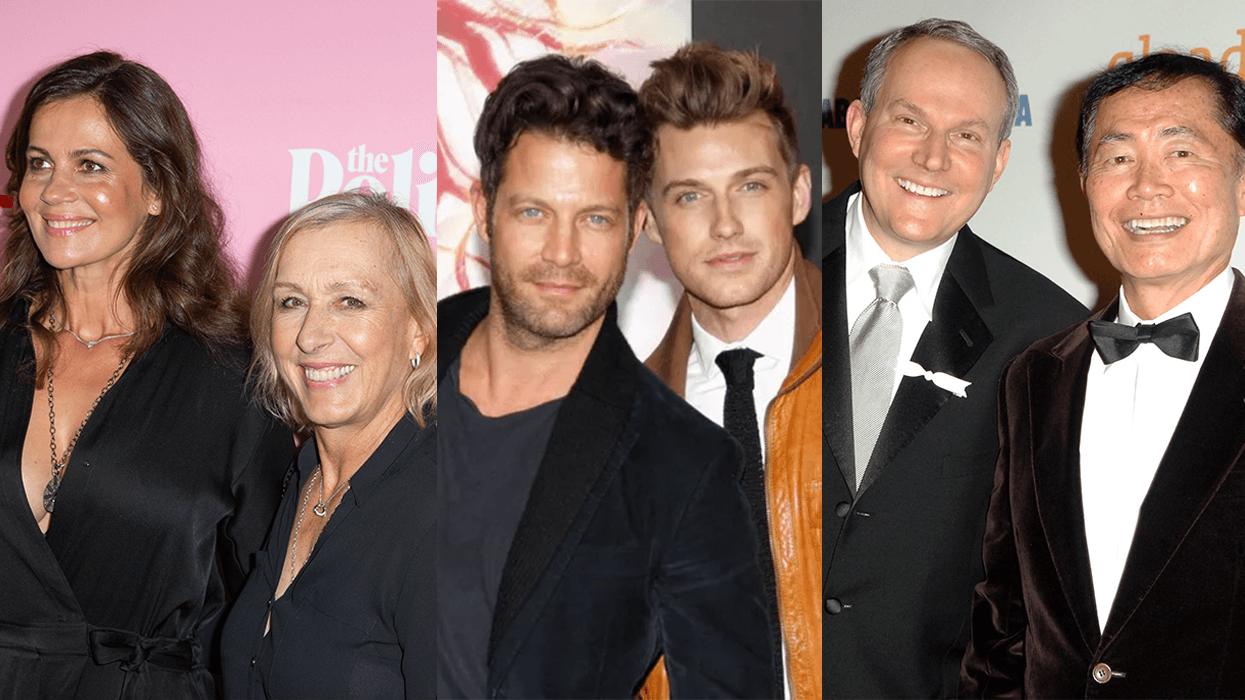


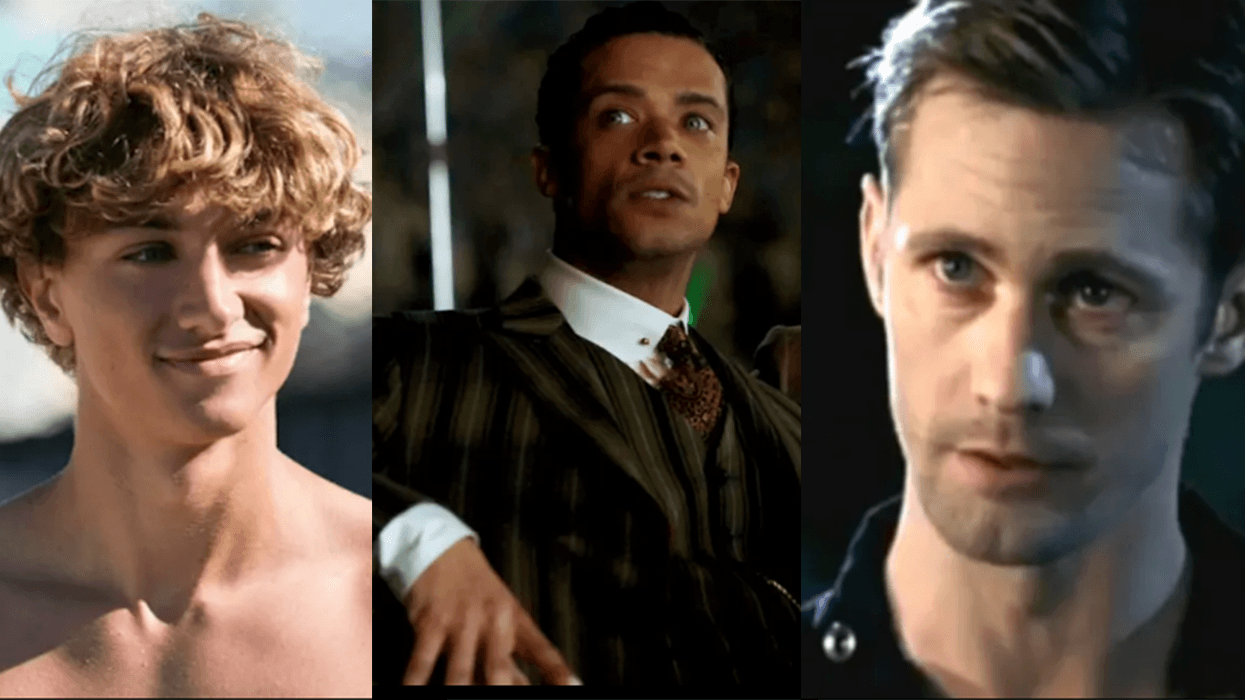
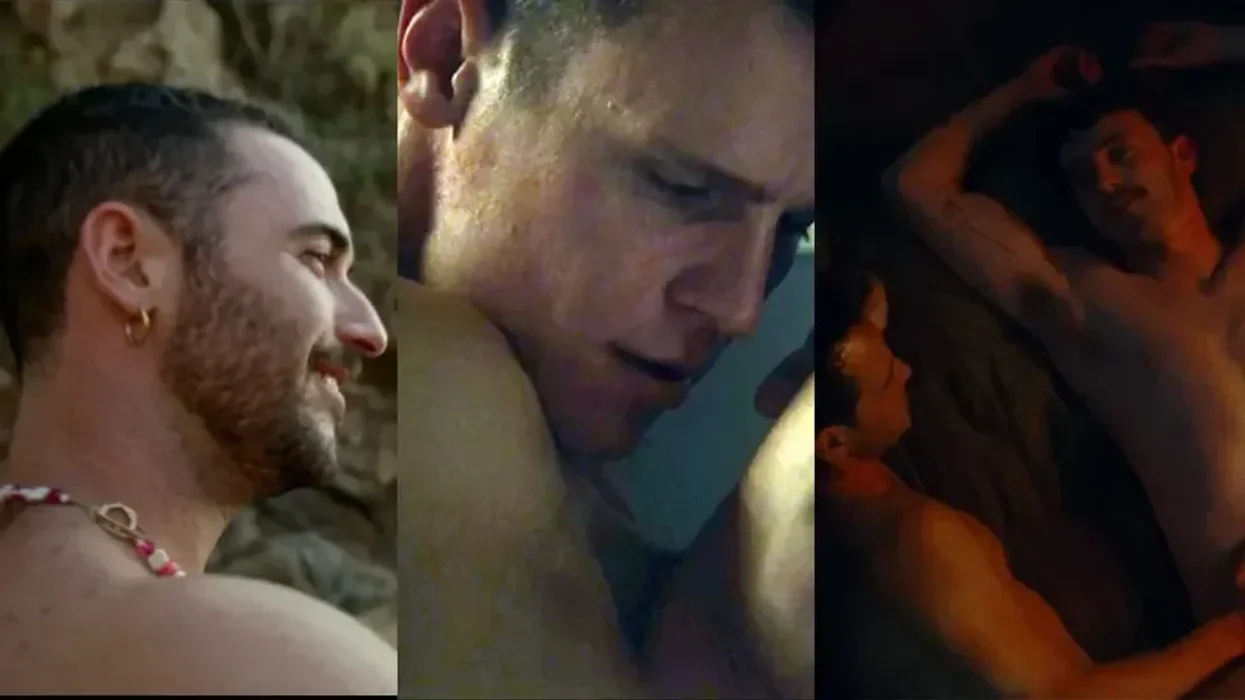
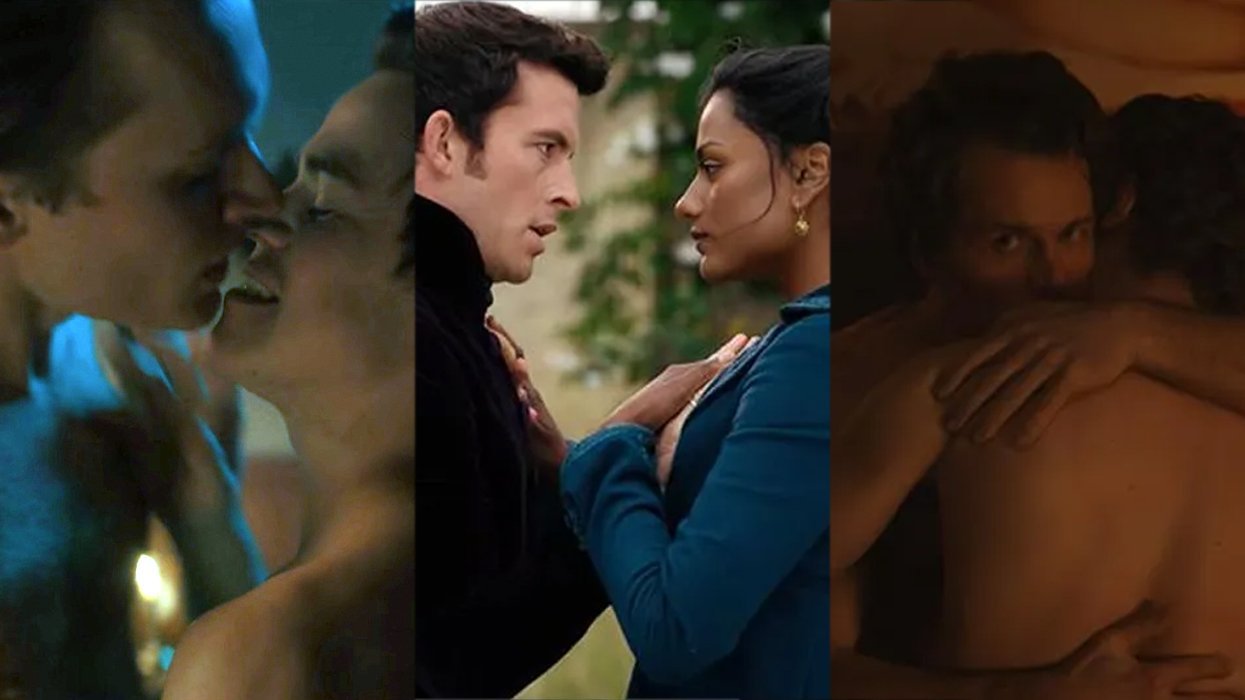
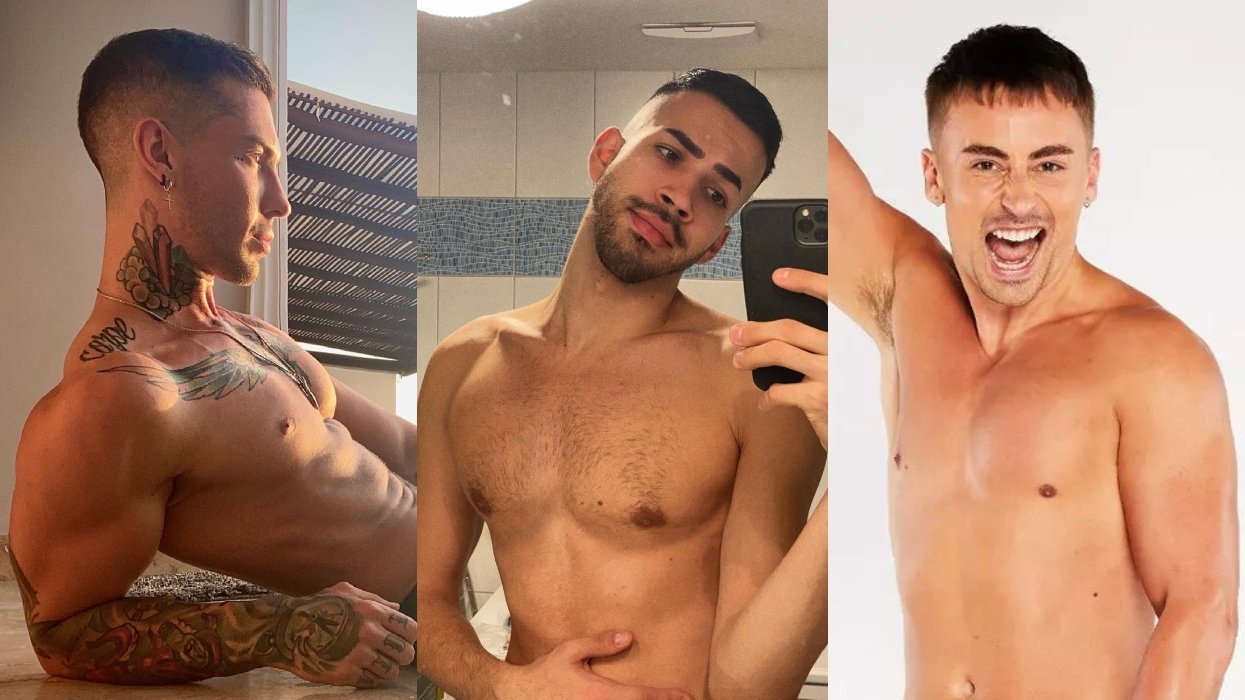









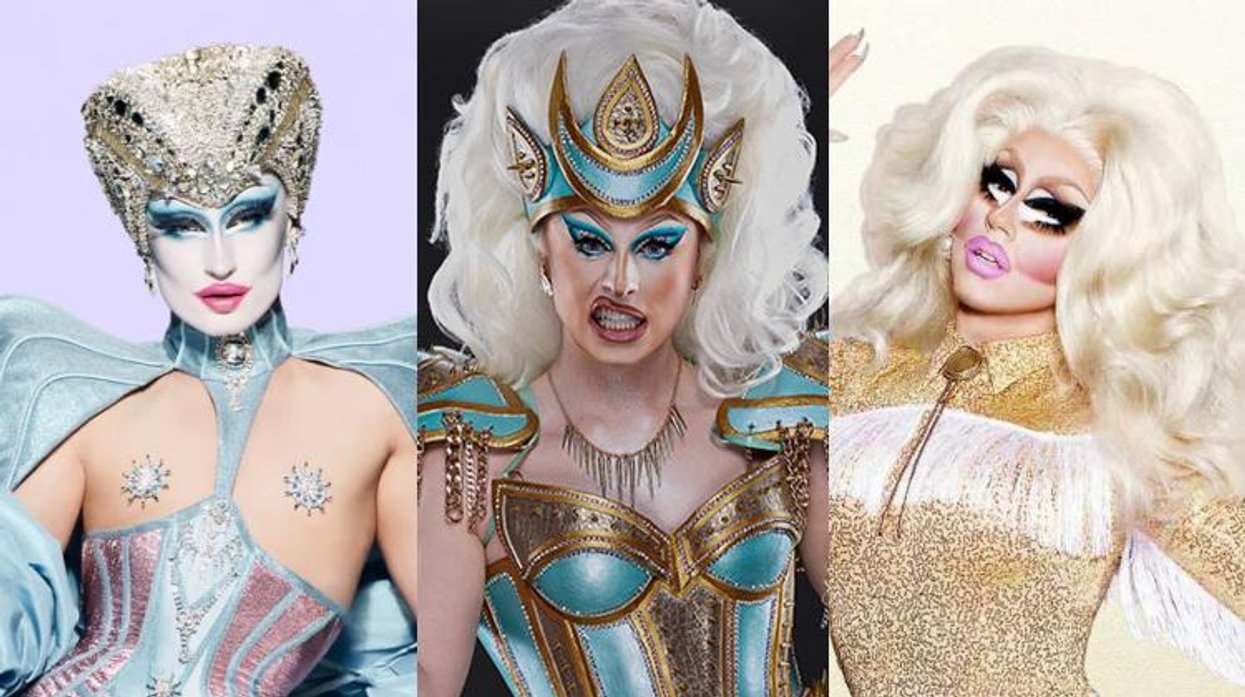

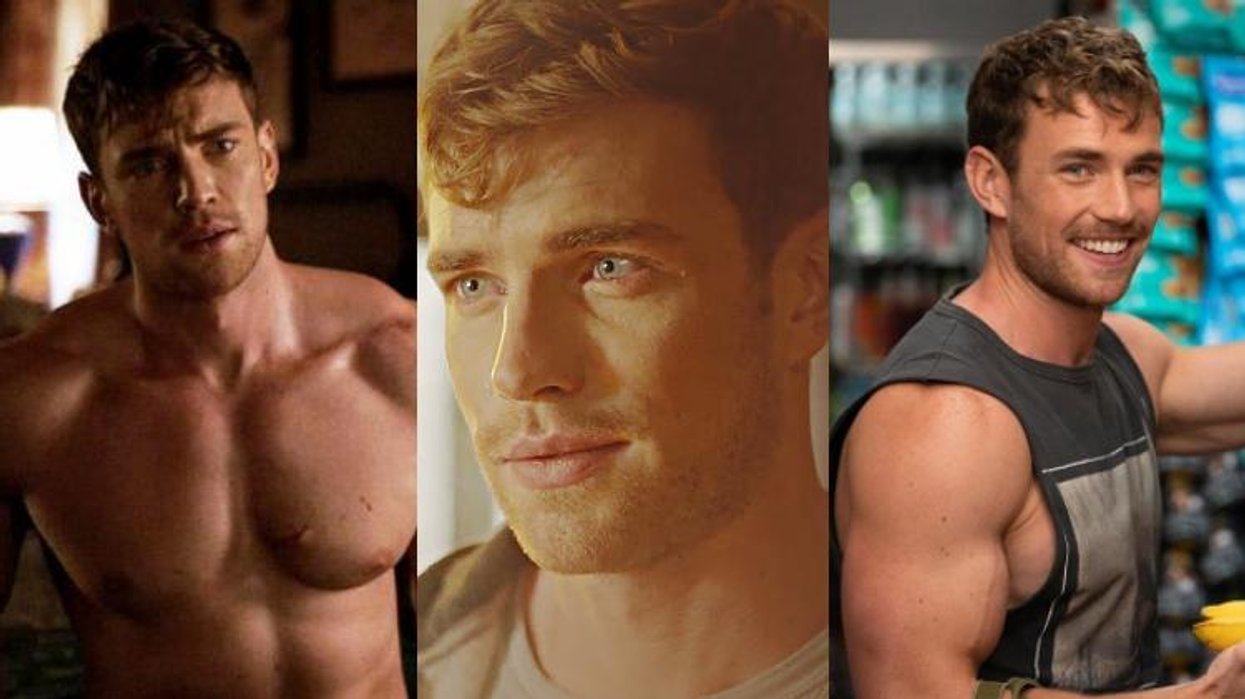





















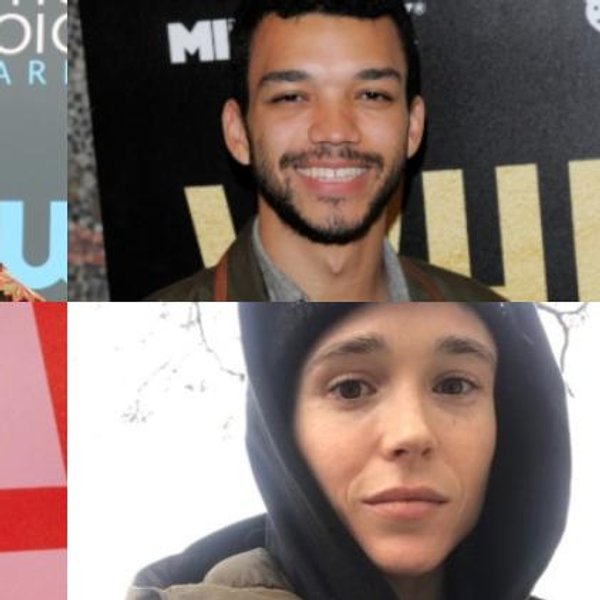






















Megan Thee Stallion sued for harassment, ex employee allegedly forced to watch her have sex